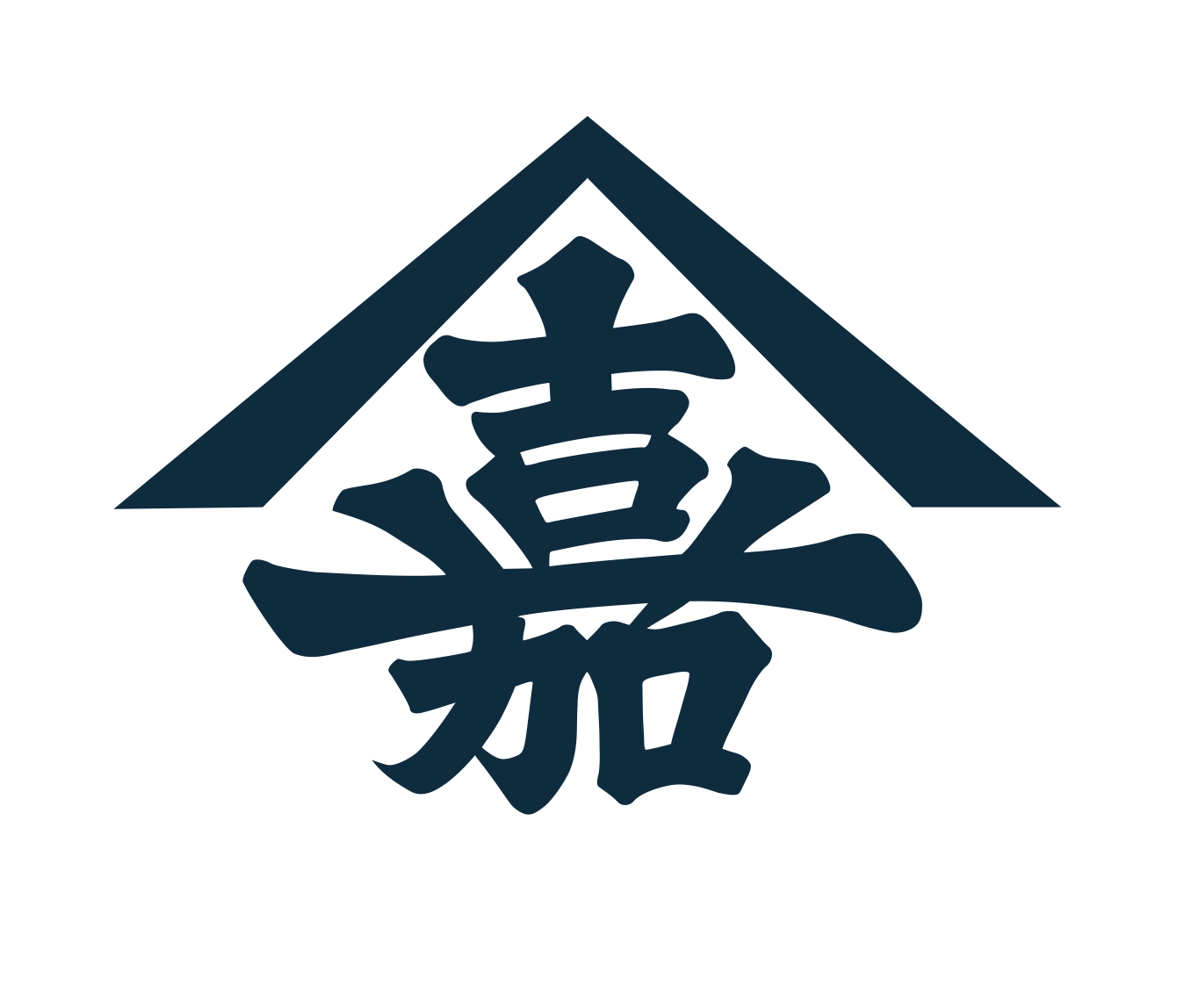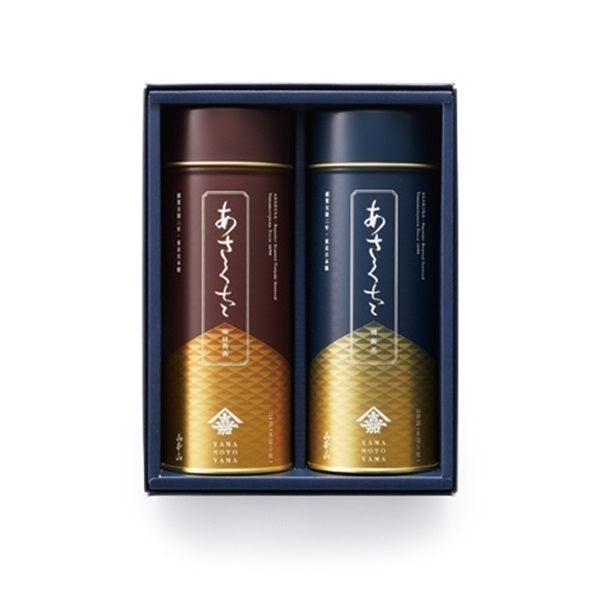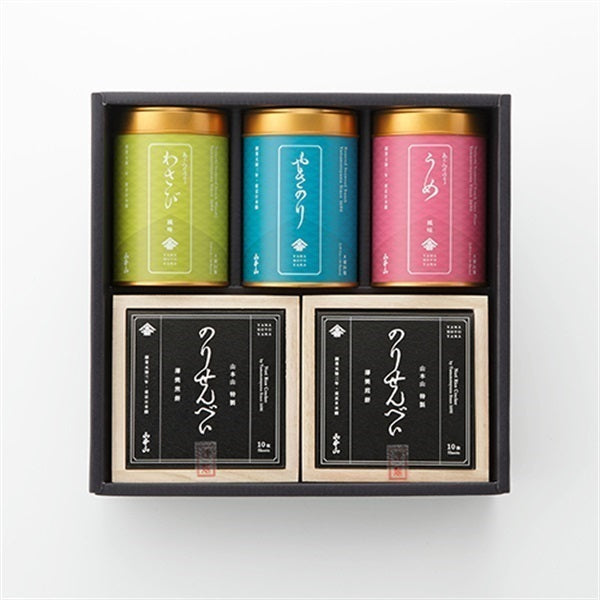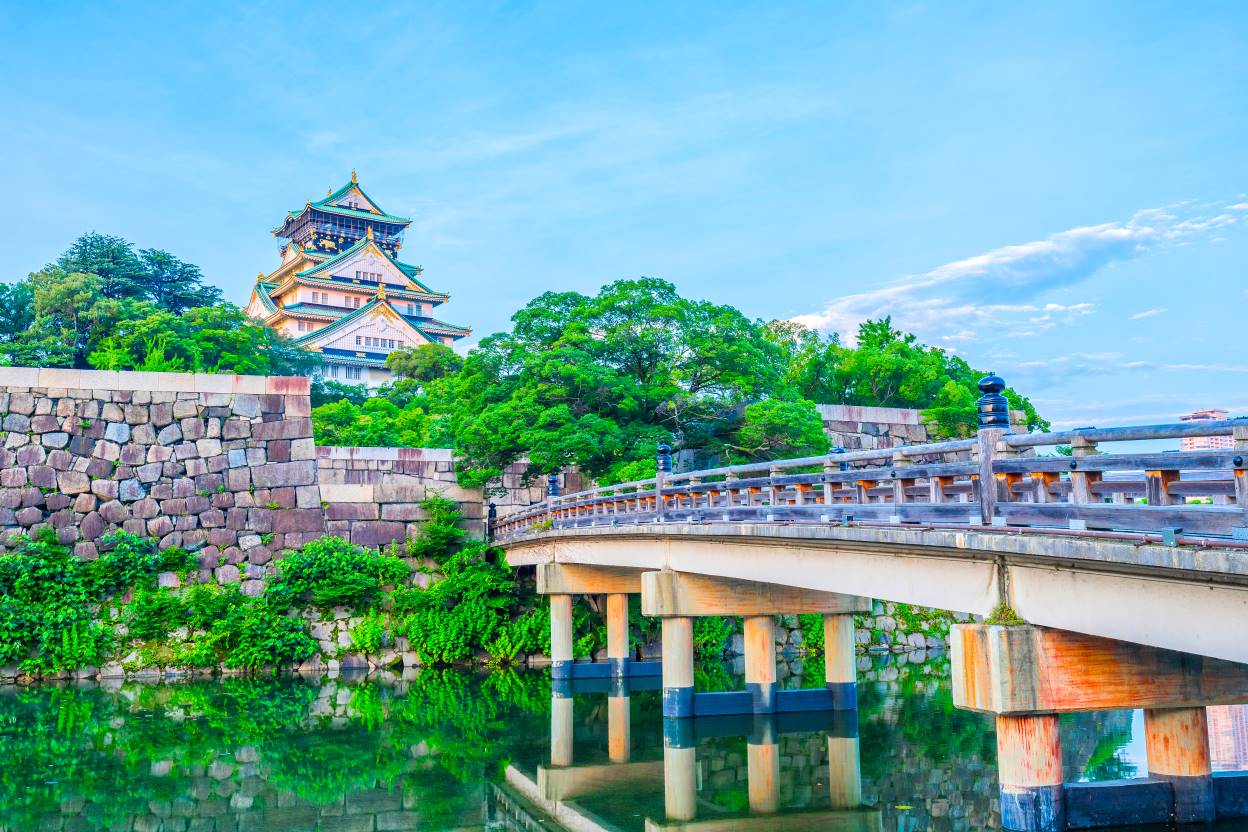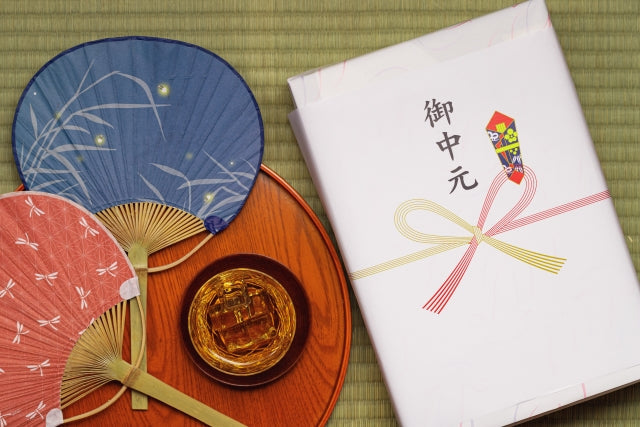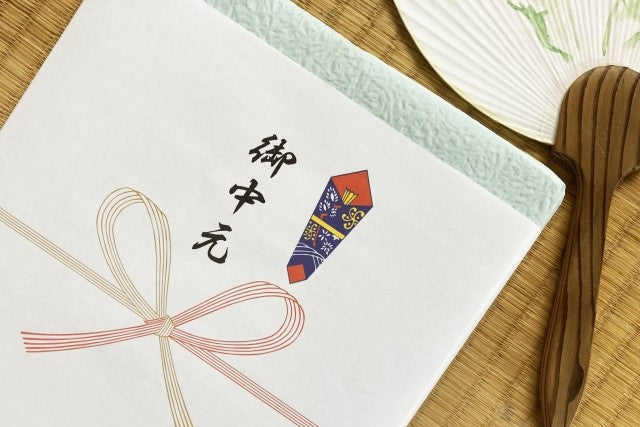
Don't worry if it's your first time! Basic knowledge and etiquette on gift-giving
Introduction
With the arrival of summer comes the season for midyear gifts.
Why not express your gratitude to those who have helped you by giving them one of these popular midsummer gifts?
A variety of items are popular, including sweets, fruits, tea, and alcohol, but when it comes to summer gifts, Yamamotoyama is the one. Seaweed products in particular are extremely popular.

Nori as a lucky charm
In fact, seaweed is one of the most auspicious foods.
For this reason, it is highly valued as a gift, especially for the year-end and mid-year gifts.
Nori seaweed was once called "Unkusa" (unsou). The reason is that the method of producing nori seaweed was discovered in the 1940s.
Before that, the biology of seaweed was not fully understood, and the harvest yield was unstable. Fishing was done in the freezing winter sea, and it was a gamble whether or not there would be a harvest. It was truly something that could be harvested if you were "lucky."
For this reason, seaweed is considered a symbol of good luck and fortune, and is still chosen as a very auspicious gift today.

Five points to keep in mind
- When to send: Kanto: early July to 15th Kansai: late July to August 15th
- Estimated price: 3,000 to 7,000 yen
- Mizuhiki: Red and white bow with noshi
- Inscription: Midsummer gift
- Gift in return: No need to send a thank you note
What is Ochugen?
Ochugen is one of Japan's traditional gift-giving customs, and refers to the culture of giving gifts to people who have helped you, close friends, and acquaintances to express gratitude around July 15th every year (around mid-August in some regions).
Midsummer gifts are also meant to ward off the heat, so in addition to the auspicious seaweed, cool noodles and fruit are also standard gifts.
In addition, in recent years, the variety of merchandise has increased, and people are increasingly choosing items that are tailored to the recipient's preferences and needs, such as gift catalogs and home appliances.
Ochugen is an important opportunity to build and deepen relationships with people by giving gifts to parents, relatives, superiors at work, and others who live far away as a sign of gratitude at the change of seasons.

The History of Ochugen
There are various theories about the history of Ochugen, but the most widely accepted is that it originated from the annual "Sanyuan" event in Taoism in ancient China.
The ancient Chinese calendar was divided into three seasonal turning points: Shangyuan (January 15th), Zhongyuan (July 15th), and Xiayuan (October 15th), and July 15th, which is Zhongyuan, was considered the Day of Atonement.
This day is literally a day of confession for one's sins, and people spend the whole day building fires in the gardens and repenting.
At the end of the day, people would go around giving gifts to their neighbors who had helped them out on a daily basis, as a way of atoning for their sins. This custom is thought to be the origin of Ochugen.

When to give gifts
The general time for giving gifts is between July 15th and August 15th, but please note that this can vary depending on the region.
For example, in the Kanto and Tohoku regions, which are based on the Gregorian calendar, the period is two weeks from July 1st to July 15th.
In contrast, in the Kansai, Tokai, Chugoku and Shikoku regions, which are based on the old calendar, gifts should be sent within the one month period from July 15th to August 15th.
In the Hokuriku region, in Toyama Prefecture and parts of Ishikawa Prefecture in the west, it is customary to give gifts based on the old calendar, but in some areas the new calendar is used, so it is important to note that the timing varies.
If you're not sure, it's probably best to aim for July 15th as a rough estimate.

The average price of midyear gifts
The average price for a midsummer gift varies depending on the gift, but for a typical gift box or gift set, regardless of whether the recipient is an individual or a corporation, the going rate is around 3,000 to 7,000 yen.
It is said that this price range became widespread because it was thought that a gift that was too expensive would make the recipient feel uncomfortable, but recently high-quality fruits, sweets, and health foods have also become popular, so it is not uncommon to give gifts of over 10,000 yen.
The price range should be decided based on your relationship with the other person.
For example, if you are giving to an acquaintance, friend, or relative, it may be better to keep it to around 3,000 to 5,000 yen so as not to burden the other person.
On the other hand, if it's your boss at work or a business partner, it's okay to give around 5,000 to 10,000 yen.
For people who give gifts every year, or to close friends, the importance of feelings and seasonal greetings is more important than the value of the gift. Therefore, it is more important to give a gift from the heart that is in line with the other person's position and relationship, rather than a market price.

Choose the gift according to the person you are giving it to, even if you choose the same gift every year.
Popular gifts include seasonal foods and drinks, as well as everyday items such as detergents. Choose something that suits the season and that the recipient will enjoy.
Furthermore, if the recipient would be happy with the gift, it is not rude to give the same gift every year.

Don't just give it once
Ochugen is a gift that expresses gratitude and a message of hope for continued support. Once you send a gift, it is customary to continue sending it every year.
It is considered rude to stop sending after just one gift, so if you would like to send a gift to someone who has helped you this year only, it is best to send it with a different inscription than "Ochugen," such as "Thank you" or "My best regards."

Finally
How was it?
This is a Japanese culture that is gradually fading among young people, but there is no one who wouldn't be happy to receive a gift.
It is a good opportunity to build and deepen relationships by expressing gratitude to those who have helped you and your feelings to your loved ones.
Throughout its long history, Ochugen gifts have enriched Japanese culture and human relationships.
Yamamotoyama is currently running a great summer gift campaign, offering free shipping and up to 10% off on selected gifts.
This summer, why not choose a gift that will delight those who have helped you and deliver a heartwarming present?
